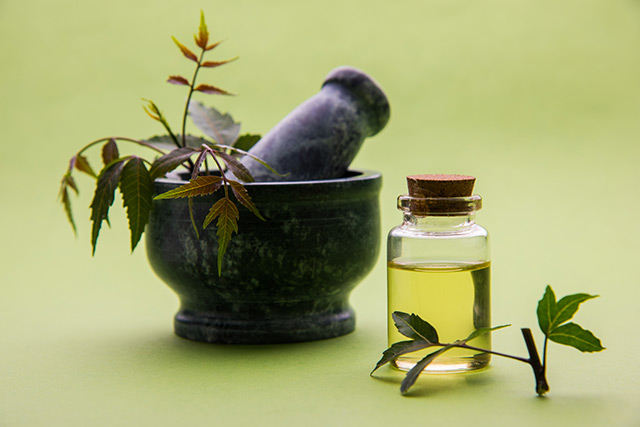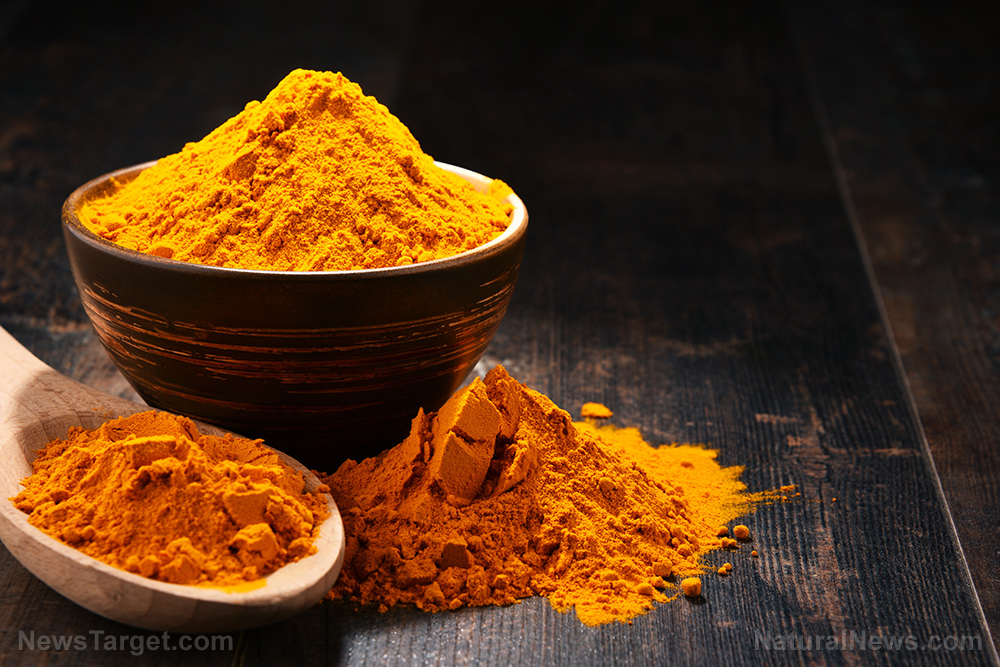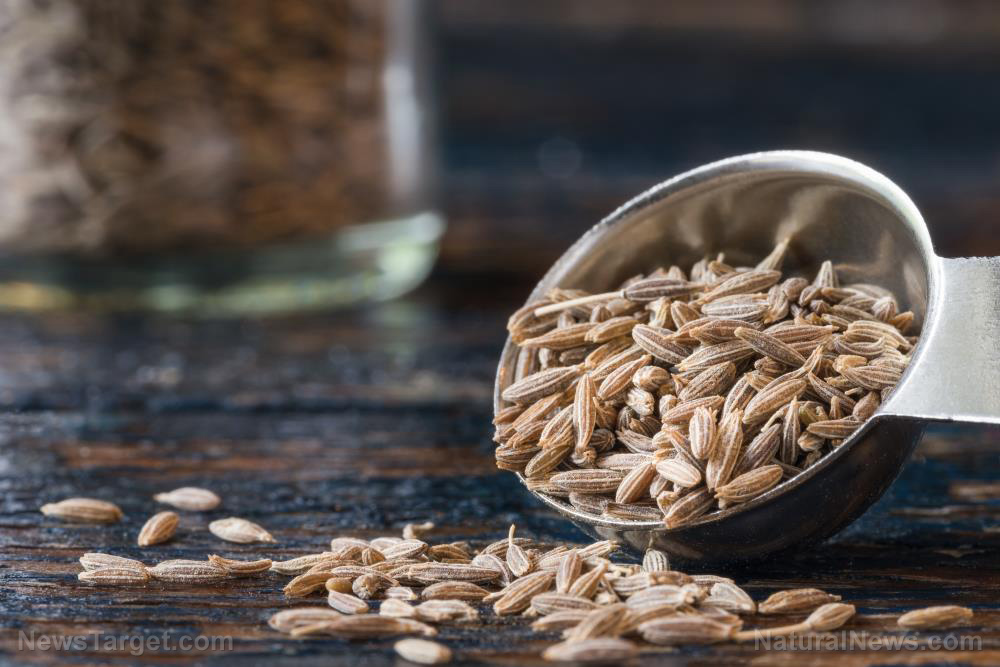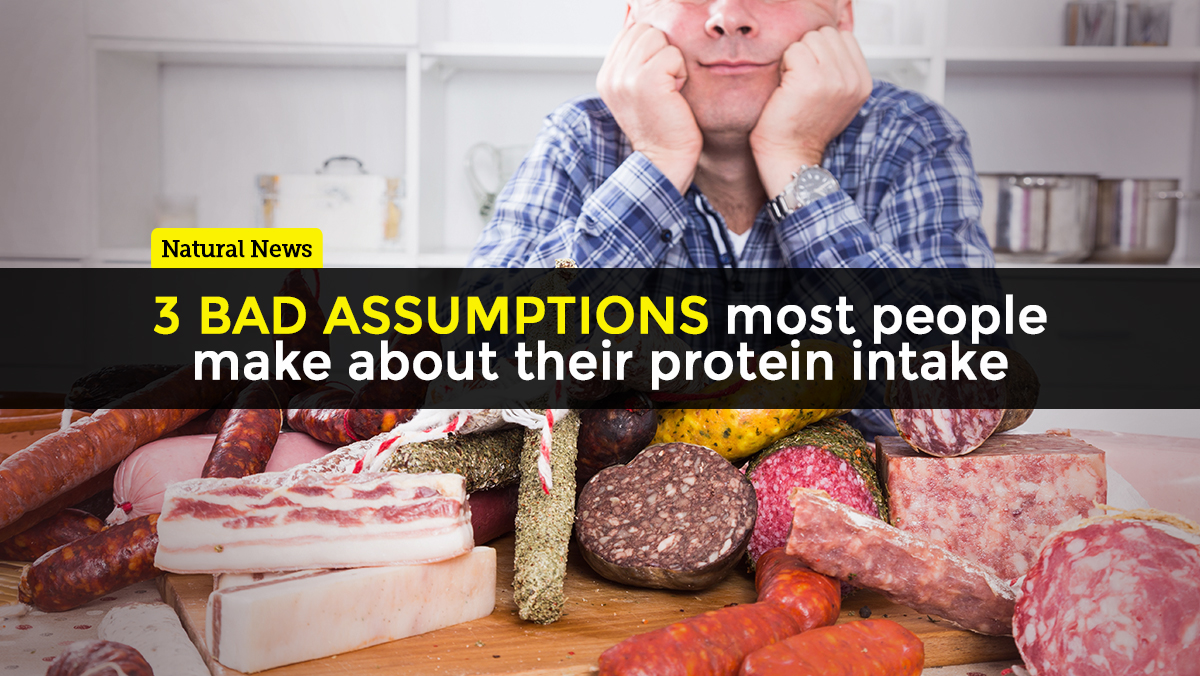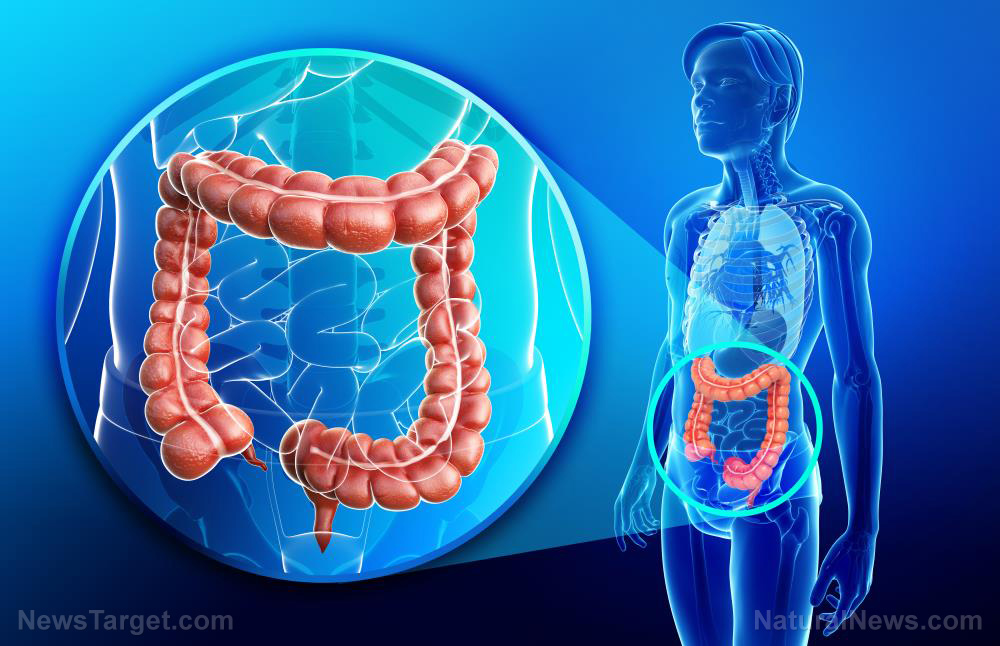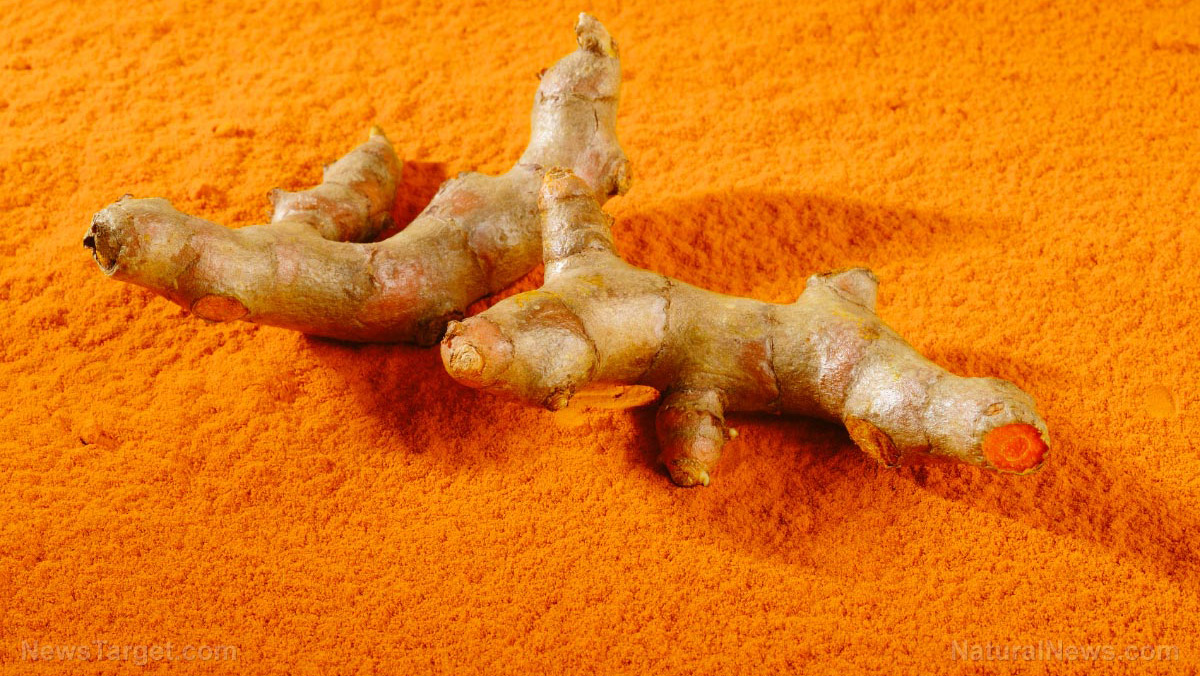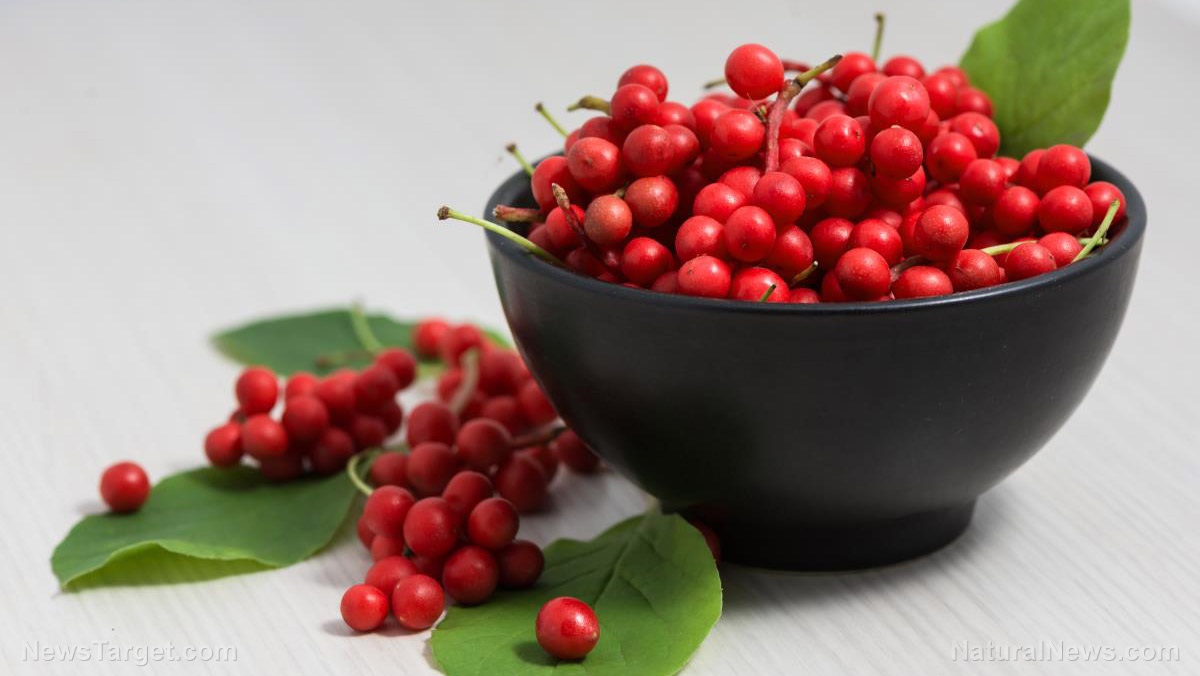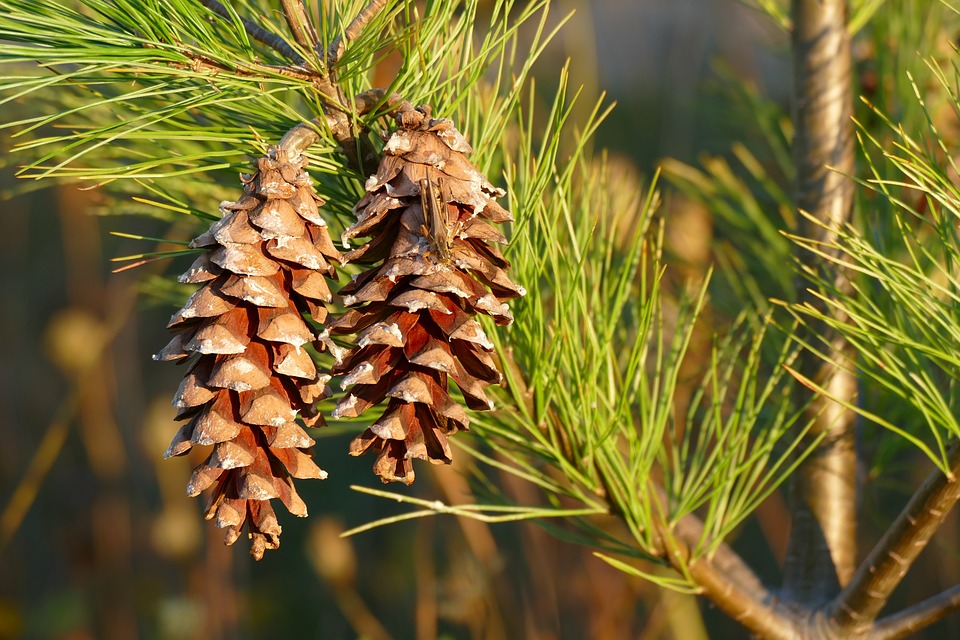Spirulina: The potent healing food Big Pharma doesn’t want you to know about
10/08/2018 / By Vicki Batts

If there’s one thing the pharmaceutical industry wants to hide, it’s the healing power of food — especially superfoods like spirulina. After all, if more people knew about good nutrition, Big Pharma would have far fewer customers. The drug industry wants you to believe that all health problems can be cured with their drugs, but the truth is no one has ever gotten sick from a pharmaceutical deficiency. But plenty of people have developed serious health conditions from a lifetime of eating nutritionally bereft foodstuffs.
There is no shortage of healing foods and herbs, but spirulina may be one of the most under-recognized superfoods. Big Pharma and their lackeys are always working to suppress the true power of good nutrition, as nutrition empowers people to care for their health on their own, instead of relying on pharmaceutical crutches. As Derek Henry, of Healing The Body, explained recently on his channel at REAL.video, spirulina boasts an impressive nutrient profile and is both a “cleanser” and a “nourisher” for the body — it is truly an impressive food. No wonder the pharmaceutical industry works so hard to discredit the value of healing foods.
The benefits of spirulina
Spirulina is a blue-green microalgae and is grown in fresh water. It’s been around for billions of years, and is believed to be one of the first forms of life on our planet. As Henry explains, it is a great source of an array of nutrients and also helps support the body’s natural detoxification process.
“The first thing to admire about spirulina is its comprehensive nutritional profile. It is extremely difficult to get so many nutrients in such a perfect balance in our diet, but spirulina is a powerhouse of nutrition and provides many essential nutrients in a single serving,” Henry states in the video.
As Nutrition Data reports, spirulina is a complete, plant-based source of protein, which means it contains all essential amino acids. “Those that are also concerned about the sustainability of the cattle industry and its effect on the environment would be happy to know that spirulina produces two hundred times as much usable protein as cattle ranching, acre per acre,” Henry adds.
It is also a great source of B vitamins, vitamins A, C, E, and K. Spirulina is rich in an array of minerals including iron, magnesium, manganese, potassium, selenium and zinc. This superfood is also a good source of omega-3 fatty acids, antioxidants like beta carotene, and other beneficial compounds.
Due to its small size and simple composition, spirulina is easy to digest and absorb. With its wide spectrum of nutrients, spirulina is a great alternative to the traditional multivitamin, as well. Some studies have even indicated it can help fight cancer.
It is important to note that while spirulina obviously comes with a bevy of nutritional benefits, it is not a replacement for a healthy diet. Eating a balanced diet rich in fruits, vegetables, healthy fats and protein is essential to good health, regardless of whether or not you choose to supplement with spirulina.
As Henry states further, where spirulina is sourced from is also important. “An important factor to consider with all of this is that not all spirulina is created equal. Many products are grown in toxic regions like China and therefore compromise the benefits noted above. This is why spirulina grown in more pristine regions like Hawaii, and in environmentally responsible facilities, are important factors to consider,” he notes.
You can learn more about spirulina and other healing foods at SuperFoods.news.
Sources for this article include:
Tagged Under: healthy eating, microalgae, nutrition, prevent disease, spirulina, supplements


